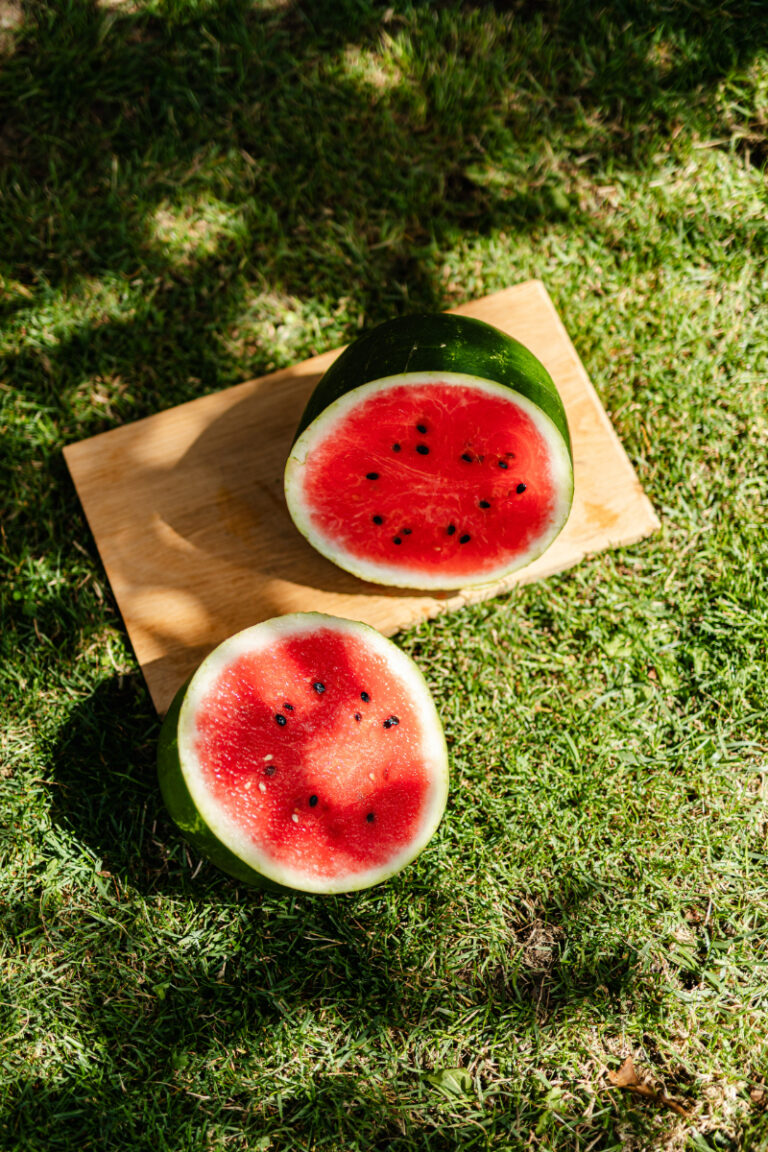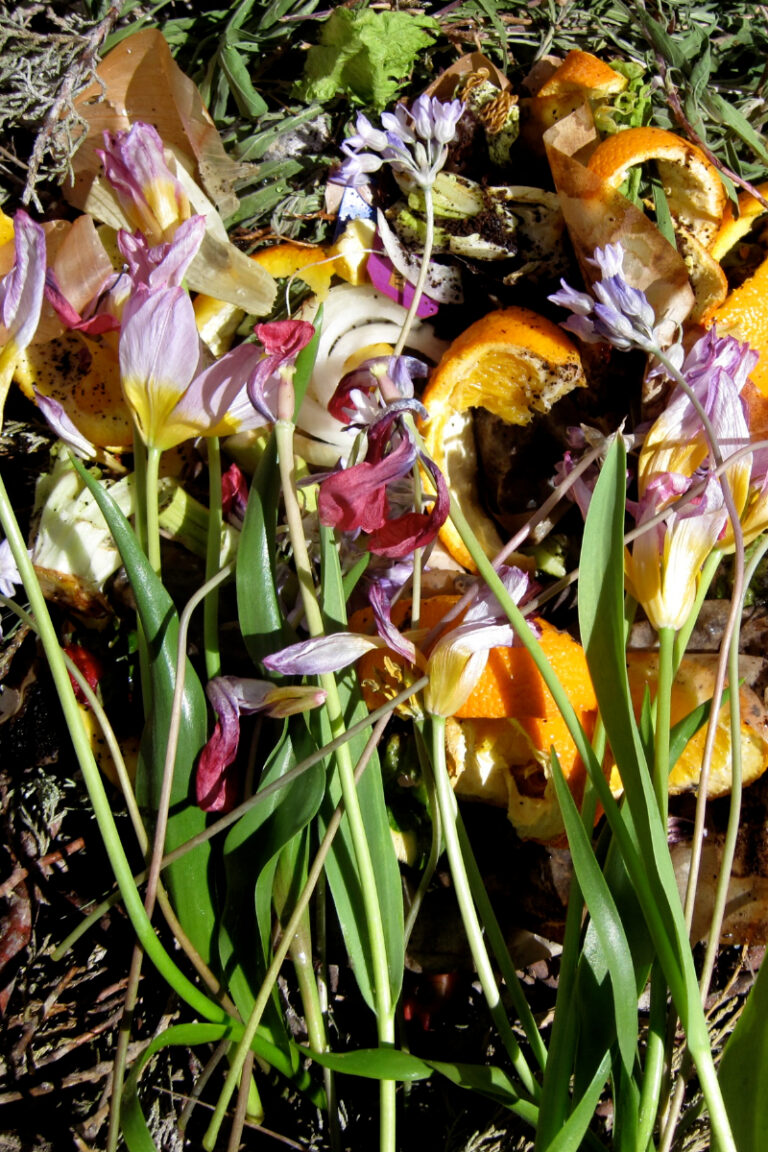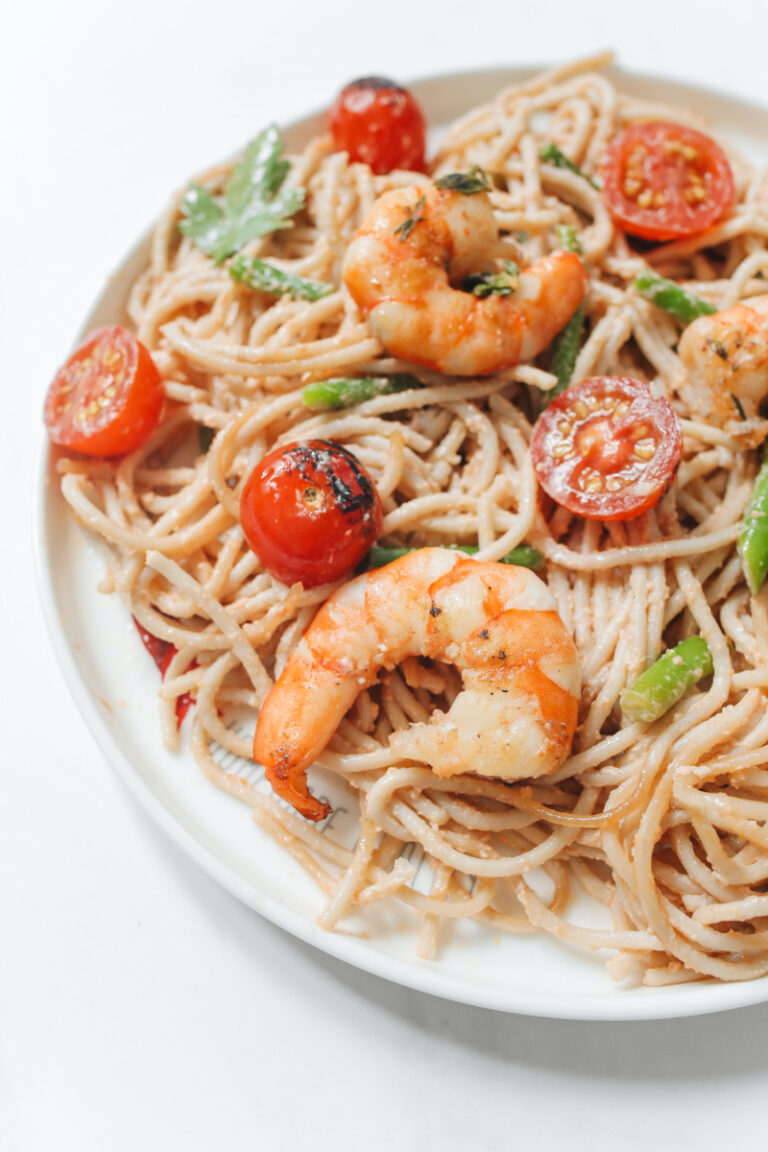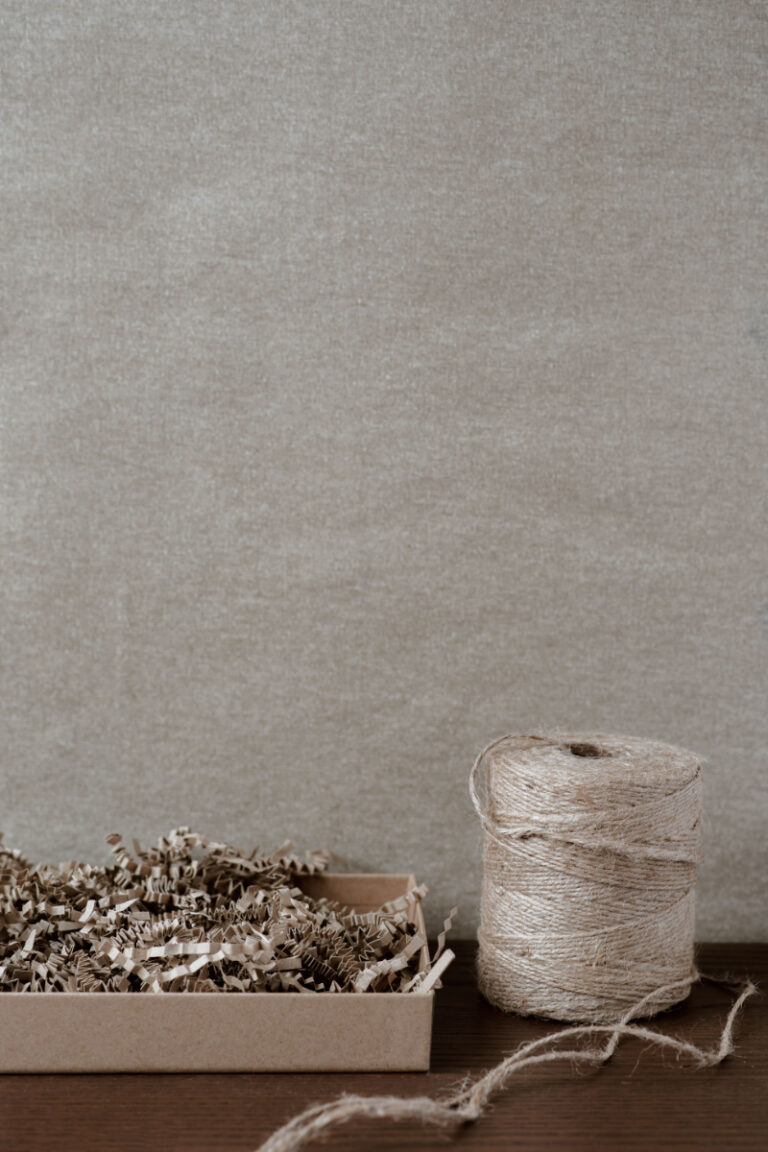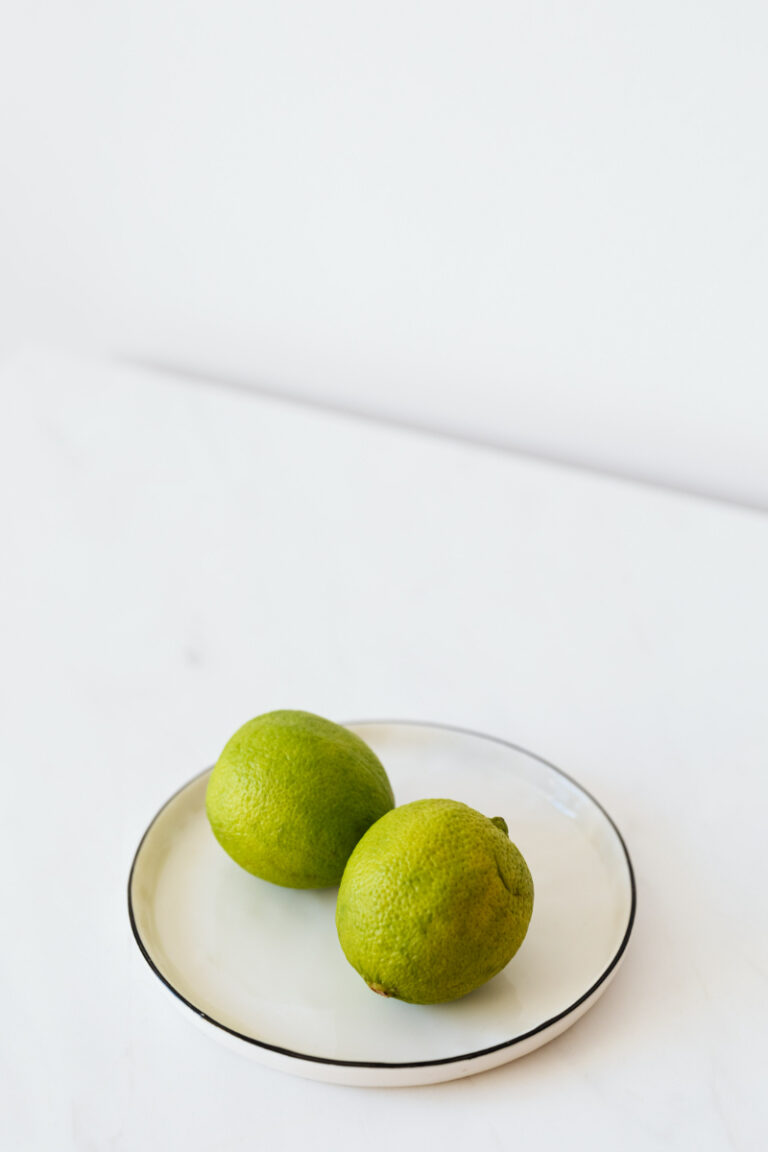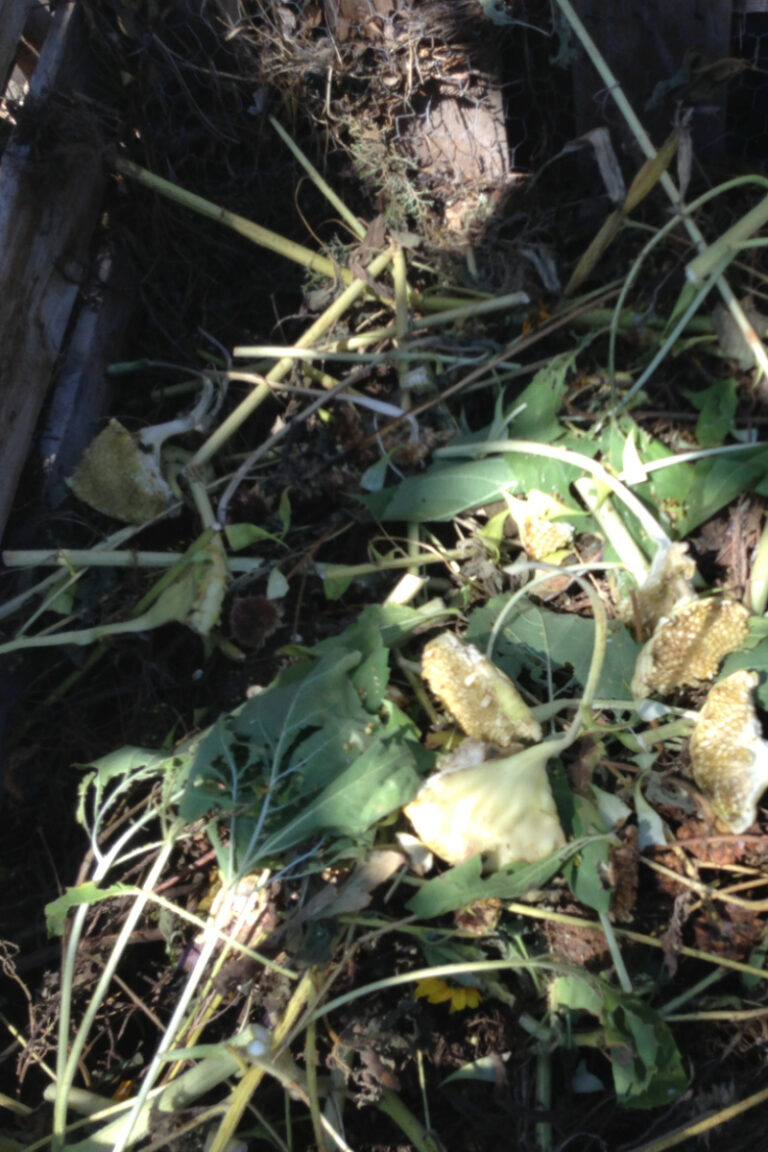Mushroom Composting: Can You Turn Fungus Into Fertilizer?
Composting is a process that allows you to turn organic waste into nutrient-rich soil, beneficial for your garden. It’s an excellent way to recycle kitchen and yard waste while reducing the amount of garbage you send to the landfill. The resulting compost can improve the health and vitality of your plants, enriching your garden with essential nutrients and help your soil’s water retention.
Mushrooms play a crucial role in nature as decomposers. They help break down organic matter, returning vital nutrients back to the earth. This ability makes them a fascinating subject when it comes to composting. But, can you compost mushrooms?
Can You Compost Mushrooms?
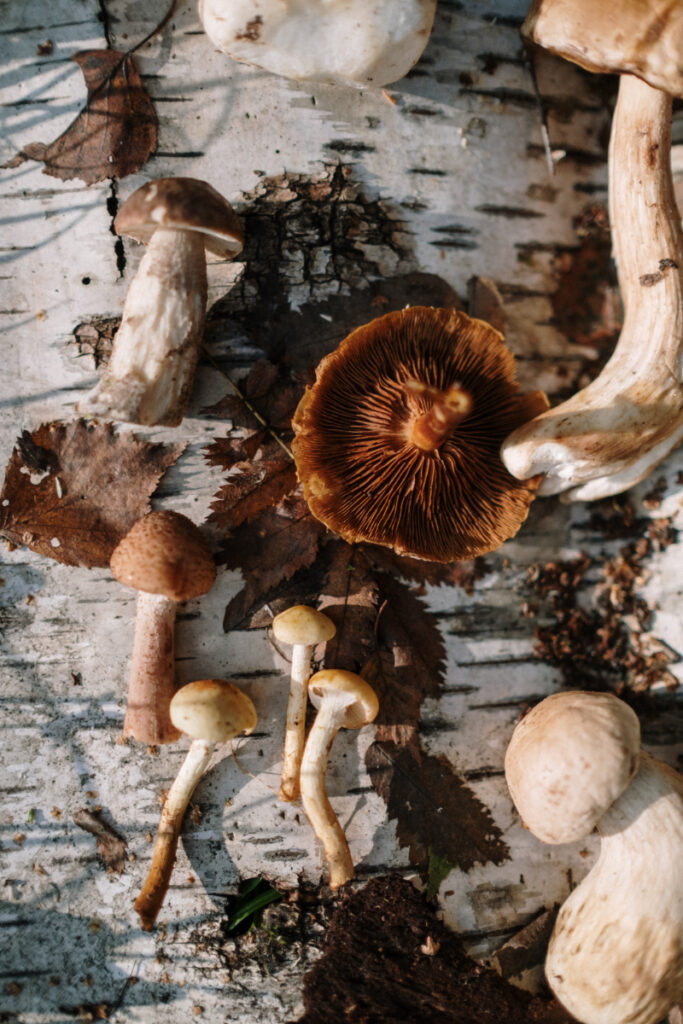
Your Concerns About Composting Mushrooms
If you’re a home gardener or compost enthusiast, you might have wondered, “Can I compost mushrooms?” It’s a valid question, especially considering the unique characteristics of mushrooms. They are fungi, after all, and their decomposing nature might raise some concerns about introducing unwanted elements into your compost pile.
You might worry about the potential for mushrooms to introduce diseases or pests into your compost. Or perhaps you’re concerned about the possibility of unwanted mushroom growth in your garden from the spores that could be present in the composted material.
The Facts: Can Mushrooms be Composted?
The short answer is yes, you can compost mushrooms. In fact, they can be a beneficial addition to your compost bin.
Mushrooms, like all organic materials, will break down over time, especially under the right composting conditions. They contribute valuable nutrients to the compost mix, including nitrogen, a key element needed for plant growth.
As for the concerns about diseases or pests, it’s important to note that a properly managed compost pile reaches temperatures high enough to kill most pathogens and pests.
Regarding the potential for unwanted mushroom growth, while it’s true that composting mushrooms may introduce some mushroom spores into your compost, these are unlikely to lead to a mushroom spawn infestation in your garden.
Most mushroom varieties require very specific conditions to grow, and your garden is unlikely to provide those conditions unless you’re intentionally cultivating mushrooms.
The Science Behind Composting Mushrooms
How Mushrooms Break Down in Your Compost?
Mushrooms, being a type of fungus themselves, are excellent organic materials to compost. They are primarily composed of water and organic matter, which makes them break down quite rapidly when added to a compost pile.
When you add mushrooms to your compost, they start to decompose almost immediately. The heat generated within the compost pile accelerates this process. Beneficial microorganisms present in the compost pile, such as bacteria and other fungi, work together in a great way to break down the mushroom’s tissues, turning them into nutrient-rich compost.
The Nutrients Mushrooms Add to Your Compost
Mushrooms are rich in several nutrients that are beneficial to plants. These include nitrogen, phosphorus, and potassium, often referred to as the “big three” primary nutrients required by plants.
Nitrogen is vital for plant growth as it’s a major component of chlorophyll – the compound plants use to photosynthesize and convert sunlight into energy.
Phosphorus helps plants convert other nutrients into usable building blocks with which to grow, and it is essential for the production of ATP – a molecule that stores and transfers energy in plants.
Potassium is necessary for the overall health of the plant, playing a role in functions such as protein synthesis and water uptake.
In addition to these, mushrooms also contain trace amounts of other nutrients like calcium and magnesium, which are beneficial for plant health. By composting mushrooms, you’re essentially returning these valuable nutrients back into the soil, enriching it, improving soil structure, and making it more fertile for your plants.
Remember that while mushrooms can contribute valuable nutrients to your compost, they should be part of a balanced compost mix that includes a variety of green (nitrogen-rich) and brown (carbon-rich) materials. This balance ensures the optimal moisture content for the compost decomposition process and a healthy, nutrient-rich final compost.
The Do’s and Don’ts of Composting Mushrooms
How You Should Compost Mushrooms
Adding edible mushrooms to your compost is as simple as throwing them onto the pile or into the bin. However, there are a few tips you should follow for best results:
- Chop them up: The best option is to use smaller mushroom pieces, as they will decompose faster than larger ones. If you have whole mushrooms to compost, consider chopping them up before adding them to your compost pile.
- Mix them in: To speed up the decomposition process and also the easiest way prevent any potential smell, make sure to mix the mushrooms well with other compost materials.
- Balance your compost: Remember that a healthy compost pile requires a balance between green materials (which provide nitrogen) and brown materials (which provide carbon). Mushrooms are considered green material, so be sure to balance them with sufficient brown materials like dry leaves, straw, or shredded newspaper.
Potential Issues You Might Face When Composting Mushrooms
While composting mushrooms is generally straightforward and beneficial, there are a couple of potential issues you might face:
- Smell: If not properly managed, a compost pile that’s too heavy on wet, green materials like mushrooms can start to smell. To avoid this, ensure your compost has a good balance of green and brown materials and is turned regularly to allow for adequate aeration.
- Disease: If the mushrooms you’re composting were diseased, there’s a chance they could introduce diseases into your compost pile. However, a well-managed compost pile that reaches high temperatures should kill most pathogens.
- Poisonous Mushrooms: You can definitely compost mushrooms from kitchen scraps and edible varieties; however, don’t pick random mushrooms found throughout your yard and compost them. If you don’t know the poisonous nature of a mushroom, it’s best to just leave it be and avoid contaminating your compost heap.
Other Items You Can Compost
Common Kitchen Scraps You Can Compost
In addition to mushrooms, there’s a wide array of kitchen scraps that you can add to your compost heap. These food sources include:
- Fruit and vegetable peels and food waste: Food scraps are excellent sources of nitrogen and break down quickly. Consider tossing corn cobs, potato peels and orange rinds into your compost mix!
- Coffee grounds and filters: Coffee grounds are rich in nitrogen, while the filters provide carbon.
- Eggshells: They are a good source of calcium, an essential nutrient for plant growth. However, egg shells take longer to decompose, so it’s best to crush them before adding to your compost.
- Tea bags: As long as they’re not made from synthetic materials, tea bags are compostable. They contribute both green and brown materials to your compost.
- Stale bread and grains: These items are good sources of carbon, but they should be used sparingly to avoid attracting pests.
- Nut shells: These are slow to decompose but add valuable structure to your compost pile.
- Seafood shells: Yeah, even clam shells and shrimp shells can be composted with a little extra effort. Be sure to read our guide on clam shell composting before you throw them into your compost bin.
Things You Should Avoid Composting
While many kitchen scraps are compostable, there are some things you should avoid adding to your compost pile:
- Meat and dairy products: These can attract pests and create unpleasant odors as they decompose. Although meat and dairy are compostable, it’s a good idea to avoid them.
- Diseased plants: As mentioned earlier, these could introduce diseases into your compost pile.
- Pet waste: Dog and cat poo can contain pathogens harmful to humans.
- Chemically-treated wood chips or sawdust: The chemicals can be detrimental to the beneficial organisms in your compost.
- Weeds with seeds: The weed seeds can survive the composting process and sprout in your garden soil. Even hot compost piles are not match for some weed seeds.
Conclusion
Composting is a powerful tool for any gardener. It’s a sustainable method to manage waste, and it creates a rich, fertile growing medium that can significantly enhance the health and productivity of your vegetable garden, flower beds, and plants.
Mushrooms, like many other organic materials, are excellent composting materials. They break down quickly, contribute valuable nutrients to the regular compost, and are generally easy to handle.
While there are a few considerations to keep in mind – such as balancing your compost pile and managing potential diseases – the benefits of composting mushrooms far outweigh any potential challenges.
In addition to mushrooms, there’s a wide range of kitchen scraps you can compost, from fruit and vegetable peels to coffee grounds and egg shells. However, it’s crucial to avoid certain items like meat, dairy, diseased plants, and chemically treated wood, which can introduce pests, diseases, or harmful chemicals into your compost pile.
Ultimately, composting is more than just a waste management strategy. It’s a commitment to sustainability, a way to give back to the earth, and a step towards creating a healthier and more vibrant garden as a fantastic soil amendment. So, the next time you have some leftover fresh mushrooms or other kitchen scraps, why not add them to your compost pile? Your garden will thank you for it.

